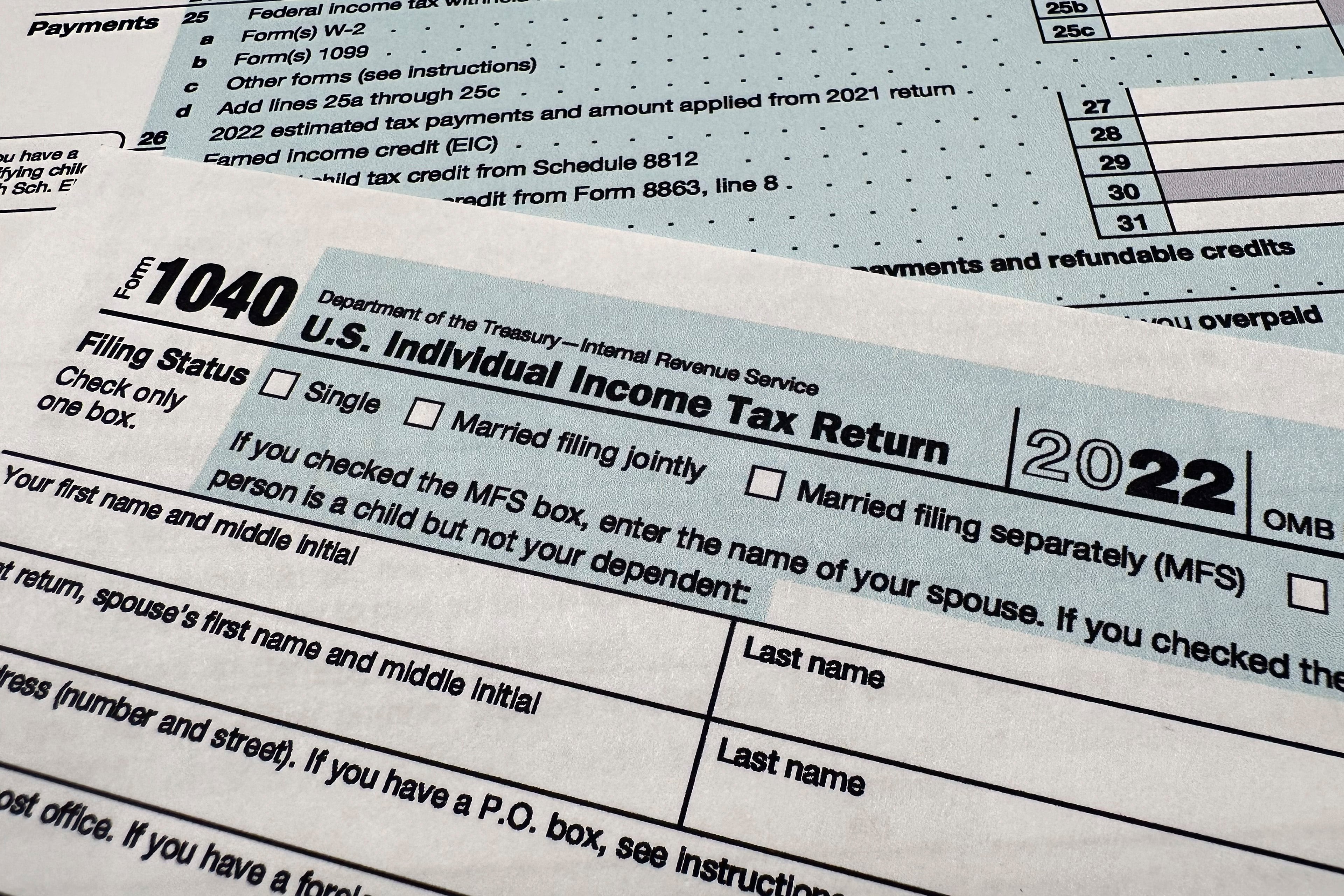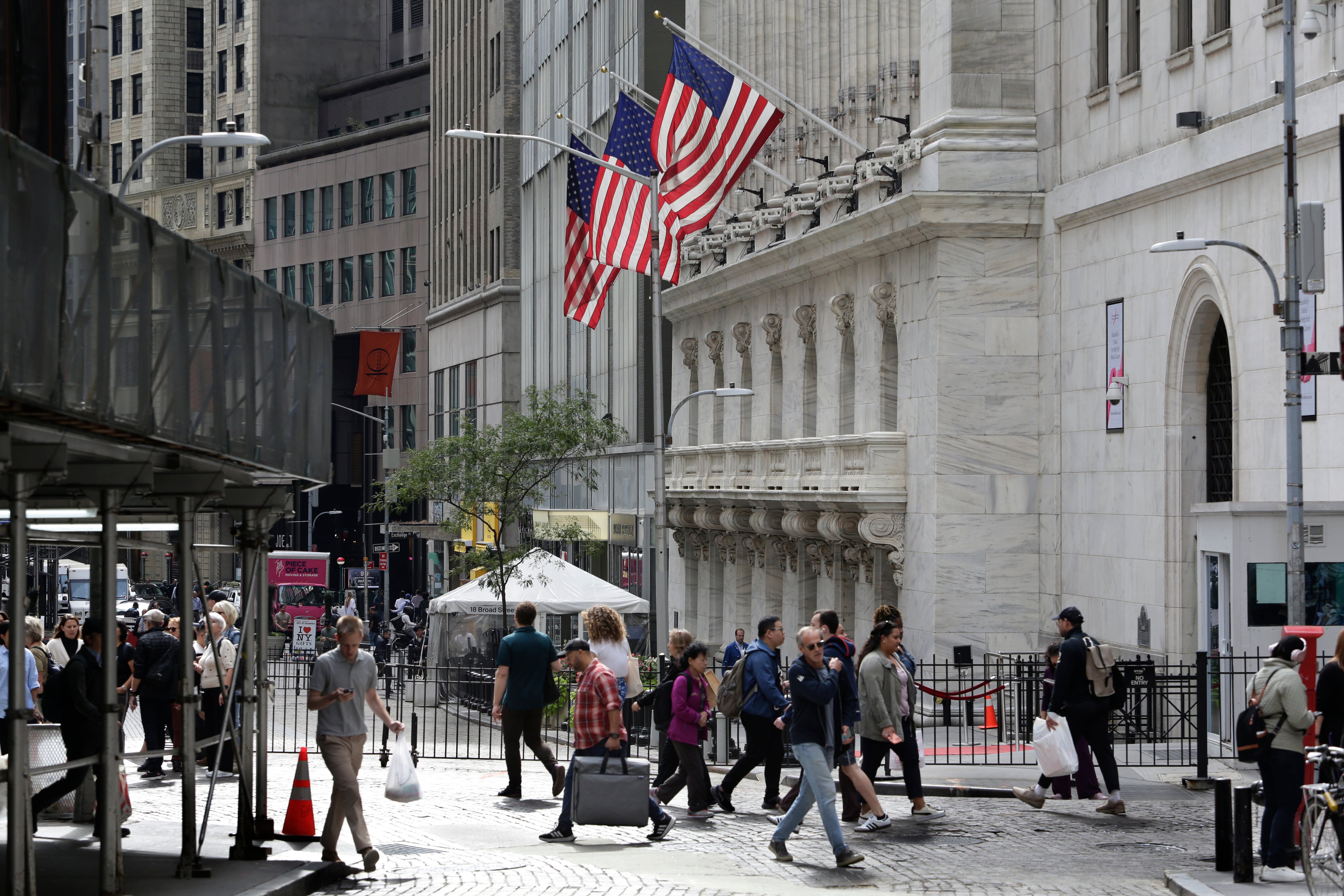Some industries saw a meteoric rise during the COVID-19 pandemic — gaming, delivery, at-home fitness, virtual communications, and the list goes on.
One industry that saw a relatively immediate uptick in the early weeks of the pandemic, to no one's surprise, was porn. On March 17, around the time when lockdown orders started in earnest, worldwide traffic to Pornhub — the most-trafficked adult content website in the United States — increased by nearly 12 percent compared to an average day and has continued ticking up steadily.
Because of the anomalous year that was 2020, we also saw some relatively new searches boom. According to Google Trends, the search term "Among Us porn" increased by over 2,000 percent over the last year due to the rise of the multiplayer game, which itself saw the likes of Representative Alexandria Ocasio-Cortez and other big names streaming the game on Twitch.
Searches for "TikTok porn" grew tenfold following the exponential rise of the short-form video platform, and the phrase "Addison Rae porn" emerged out of obscurity — referring to the 20-year-old TikToker who accrued over 70 million followers since she joined the platform in July of 2019 (to be clear, Addison herself does not make porn).
Also, the term "BLM Porn," or Black Lives Matter Porn, went from being essentially non-existent in May, to spiking in the first couple of weeks in June shortly after the death of George Floyd.
In a year when big tech CEOs were called to testify on Capitol Hill multiple times over antitrust and censorship concerns, and faced the public ire of President Donald Trump, the adult content industry seems to have avoided the same level of scrutiny from lawmakers who are trying to crack down on questionable content.
However, complacency on the topic of porn is becoming increasingly unsustainable.
Mastercard and Visa announced they would prohibit the use of their cards on Pornhub following separate investigations by both companies. The investigations were catalyzed by a New York Times exposé by Nicholas Kristof, which detailed claims of exploitative content on the platform that includes underage sex, child rape, revenge porn, and racist content.
Several days after this story was published, Pornhub released a statement laying out changes. The site's intended actions include limiting uploads to verified users only, by way of a verification process to be implemented in the new year. It also plans to release its first ever "Transparency Report" in 2021, stating "much like Facebook, Instagram, Twitter and other tech platforms, Pornhub seeks to be fully transparent about the content that should and should not appear on the platform."
Moderation in Moderation
Pornhub also intends to expand moderation, with a newly-formed "Red Team" dedicated to uncovering illegal content. In his reporting, Kristof spoke to one moderator from "MindGeek," the Canadian owner of Pornhub and over 100 other websites, who estimated that the company employed about 80 moderators worldwide. Compare that to the 15,000 moderators Facebook has in the U.S., with plans for the social giant to hire thousands more.
Why didn't MindGeek or Pornhub invest in more moderators until this public pressure mounted?
Moderation is antithetical to adult platforms' business model. Problematic content makes money, and the Pornhubs of the world rely heavily on user-generated content that can get uploaded before it gets checked. It's a challenge shared in many ways by the Facebooks and Twitters of the world, where misinformation and conspiracy theories get more engagement than factual content. Engagement means more time spent on these platforms, and time spent equates to increased advertising revenue. These "anti-incentives" are part of the reason why tech companies have been slow to act.
They've also been slow to act because they're legally protected.
The Communications Decency Act of 1996 was Congress's first attempt to regulate porn on the internet, with the intention of preventing minors from gaining access to sexually explicit content online. With that came Section 230, which protects tech platforms from being held liable for content published by their users, and also allows them to remove content with impunity. Lawmakers on both sides of the aisle have been vocal in their desire to repeal or revamp Section 230 as it applies to companies like Google, Facebook, and Twitter — but there is markedly less public scrutiny around adult content platforms.
Behind Closed Doors
One glaring problem with monitoring porn habits is that behavior on adult platforms happens behind closed doors — literally. People's opinions are expressed in large part through what they choose to watch, not through the comments they post or links they share.
People may be private about their individualized preferences on porn platforms, but the collective data itself is enlightening. Beyond the issues of illegal content, there are more subtle forces at play, particularly on issues of race.
According to Pornhub's "Year in Review" data from 2019, most of the top five search terms on the platform in the U.S. are explicitly race or ethnicity-related. The terms "ebony," "Asian," and "Latina" follow the top two terms: "lesbian" and "hentai." When compared to other countries worldwide, the report noted that visitors from the U.S. are 76 percent more into "interracial porn."
In fact, the most-searched porn star in the U.S. was Lana Rhoades, who is known for interracial porn videos.
There are plenty of hypotheses as to why race-related searches are so popular, and accompanying debates attempting to elucidate the difference between "racial preference," "racial fetishism," and straight up racism.
Searches for "Asian" saw one of the biggest increases in the U.S. on Pornhub last year (Asian Americans make up just 6 percent of the U.S. population). If someone has an Asian fetish, does that make them a champion of diversity, or does it make them racist?
One Columbia University study on "Racial Microaggressions and the Asian American Experience" found several problems with the fetishization of Asian women, including the following: expectations of subservience, invalidation of interethnic differences where the aggressor assumes all Asians are the same, and "exoticization" of Asian women to imply that they exist to cater to the physical needs of white men.
Ethical Porn?
If these "fetishes" are perpetuated — even fueled — by pornographic websites, then this raises a conundrum: is it anyone's ethical responsibility to police sexual preference on porn sites if sometimes it may be rooted in internalized racism and has a chance of provoking racist tendencies in the real world? Even Facebook is reportedly stepping up its efforts against racist content, looking to algorithmically police anti-Black hate speech more aggressively than anti-white comments.
The challenges of policing porn have countless layers. Of course, the idea of regulating personal preference leads us down a dystopian, untenable path, and that is not a solution. But since there is outsized interest in content by people of color, how can platforms ensure equity amongst those groups in compensation and safety? How can platforms ensure that actual racist content doesn't appear? And how can laws that aim to restrict content on adult platforms also protect sex workers who may be unfairly disadvantaged if their content is more heavily moderated, especially if posting content online provides them a safer space than exercising their practice in person?
In an election year, in the middle of a crushing pandemic, where content moderation debates for big tech platforms were king — we are reminded that moderation transcends the platforms lawmakers like to talk about, to the platforms that many of them probably spend time on in private.
Slow progress has been made. A group of bipartisan senators introduced a bill on December 8 that would give victims of crimes like revenge porn or sexual assault the option to sue websites like Pornhub. Joining FOSTA (the Fight Online Sex Trafficking Act), and SESTA (the Stop Enabling Sex Traffickers Act) it may be another step towards criminalizing platforms for knowingly hosting illegal content.
Who will be bold enough to further publicly hold adult websites accountable for harmful content? A task for 2021 onward, when everything else might just be a little bit more normal.











